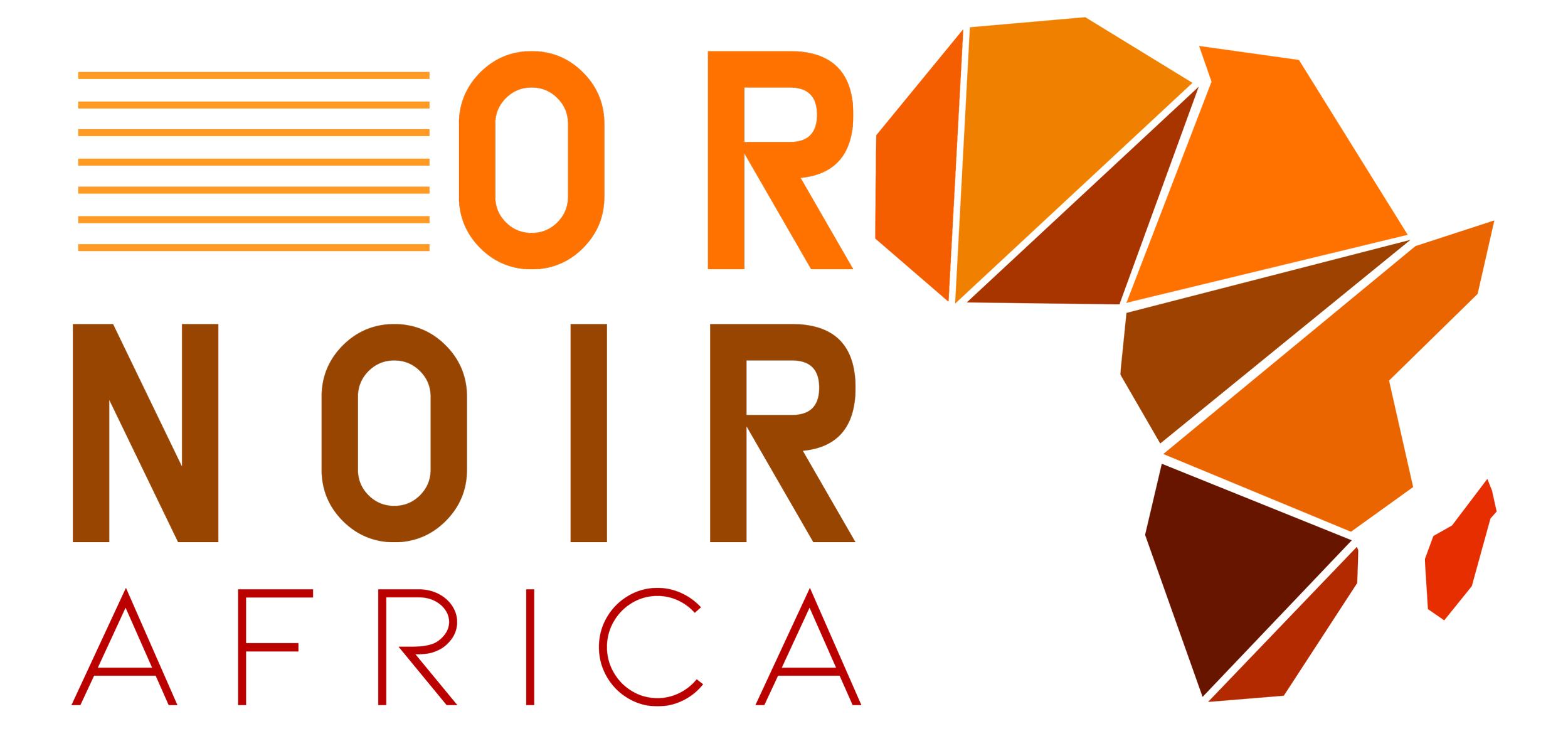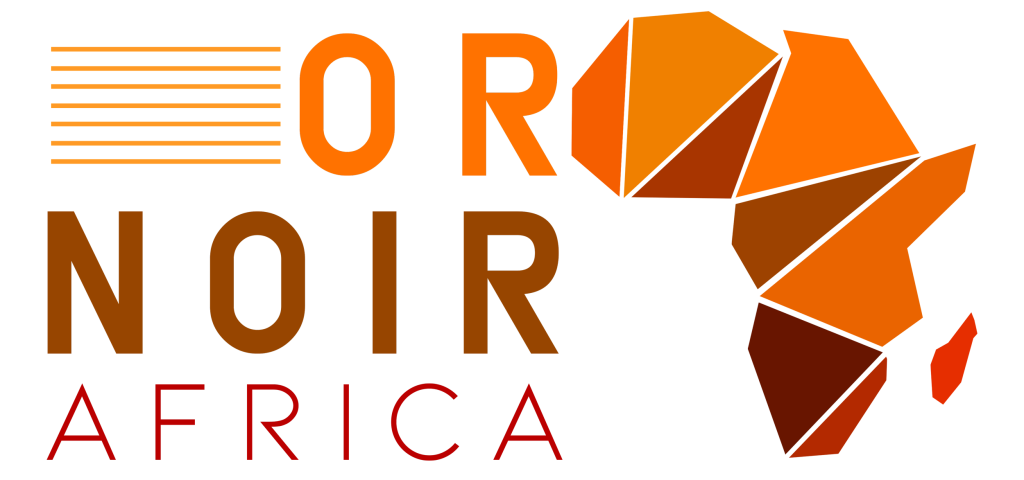Le Soudan du Sud s’apprête à relancer la production de pétrole brut sur les blocs 3 et 7, avec un objectif initial de 90 000 barils par jour. L’annonce a été faite mardi par le ministre du Pétrole, Puot Kang Chol, lors d’une conférence de presse à Juba.
Cette décision intervient après une année de perturbations causées par les violences communautaires et la guerre civile au Soudan voisin, qui ont lourdement pesé sur l’économie du pays et interrompu le transport de pétrole brut vers les ports d’exportation de la mer Rouge.
« Vous savez tous que ce sera un processus graduel. Vous n’obtiendrez pas le chiffre requis en un jour, mais notre objectif est de 90 000 barils par jour », a déclaré le ministre. Il a précisé que cette production représentait la capacité maximale du pipeline dans cette première phase. « Si nous avons la possibilité d’augmenter davantage, nous le ferons », a-t-il ajouté.
La levée récente de l’ordonnance de force majeure par le Soudan, après l’amélioration des conditions de sécurité, a ouvert la voie à la reprise des exportations pétrolières du Soudan du Sud via les infrastructures soudanaises. Cette ordonnance, en vigueur depuis près d’un an, avait bloqué l’accès des exportations sud-soudanaises aux marchés internationaux.
En parallèle, le gouvernement sud-soudanais a conclu un accord avec la société malaisienne Petronas, permettant de rembourser ses parts jusqu’à ce qu’un nouveau partenaire soit trouvé pour remplacer ce producteur historique. Petronas avait annoncé en août 2024 son retrait après près de trois décennies d’opérations dans le pays, invoquant des différends avec le gouvernement.
Petronas avait également engagé des poursuites contre le Soudan du Sud, accusant ce dernier d’avoir bloqué la vente de ses actifs locaux d’une valeur de 1,25 milliard de dollars. Malgré ce départ, Puot Kang Chol a assuré que les partenaires de Petronas – China National Petroleum Corporation, SINOPEC et Tri-Ocean Energy – poursuivront leurs activités sans interruption.
Avant la guerre civile au Soudan, le Soudan du Sud produisait environ 150 000 barils de brut par jour, principalement exportés via les infrastructures soudanaises, selon des accords conclus après l’indépendance du Soudan du Sud en 2011.
Cependant, les récents conflits, combinés aux défis sécuritaires et économiques, ont réduit la capacité de production du pays. La relance des blocs 3 et 7 est perçue comme une étape cruciale pour redynamiser l’économie nationale, fortement dépendante des revenus pétroliers.
Pour le Soudan du Sud, la production pétrolière reste une bouée de sauvetage économique, mais des défis persistent, notamment en matière de gouvernance, d’investissements étrangers et de maintien de la stabilité régionale.
Malgré ces obstacles, Puot Kang Chol s’est montré optimiste quant aux perspectives de développement pétrolier du pays : « Nous travaillons pour maximiser nos ressources, sécuriser nos infrastructures et attirer de nouveaux partenaires afin de soutenir notre économie et améliorer la vie de nos citoyens. »
Avec cette reprise, le Soudan du Sud espère non seulement rétablir sa place sur les marchés pétroliers internationaux, mais aussi poser les bases d’une stabilité économique durable.


